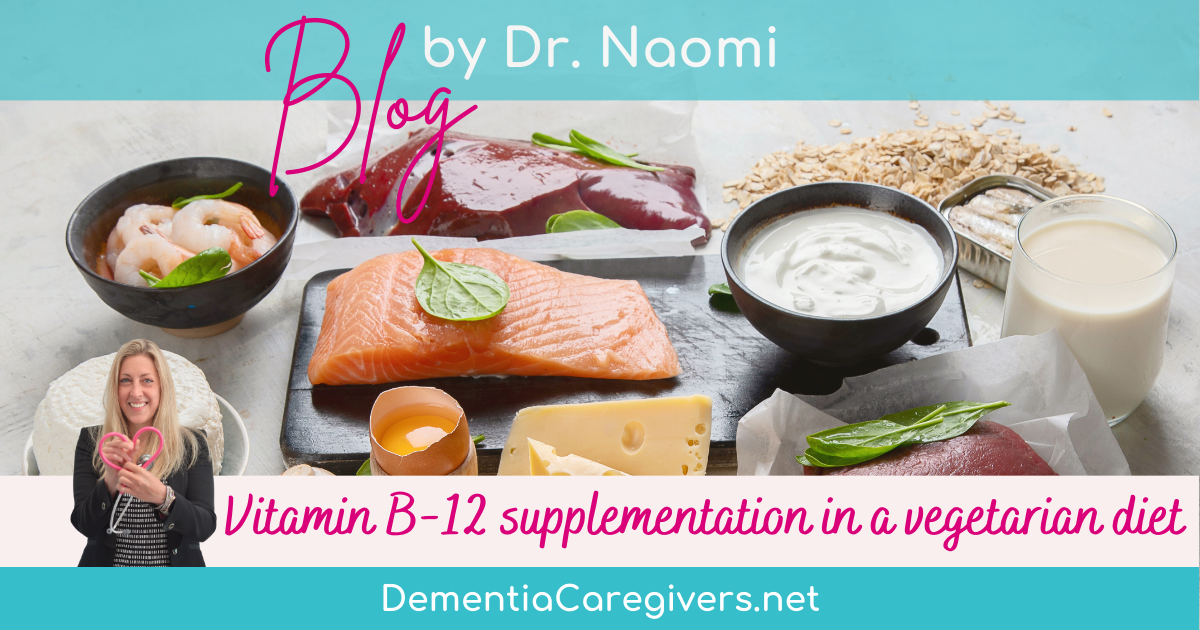
We read or hear about it all the time: people generally do not eat healthily. The average diet contains too transgenic fats and simple carbohydrates, elements that can lead to dementia, heart disease, obesity, and other serious conditions. While not all people who follow a vegetarian diet do so for health reasons (and actually, I know many vegetarians who don’t eat healthy at all), such a diet benefits health.
Types of vegetarians
There are three main types of vegetarians. Lacto vegetarians do not consume any meat but instead live on fruits, vegetables and dairy. The lacto-ovo vegetarian diet is similar to the lacto vegetarian, with the exception that individuals who follow this diet consume eggs. As the name implies, fruitarians follow a diet restricted to fruits and vegetables but may also eat nuts and seeds. Considered the most strict vegetarian diet, vegans do not eat meat, eggs, or dairy.
A side effect of a vegetarian diet
The only negative aspect of the vegetarian lifestyle is the high probability of vitamin deficiency. Depending on the type of vegetarian diet followed, an individual may not obtain the proper nutrients their body needs to function properly. One vitamin that is absent in most vegetarian diets is B12. Vitamin B12 exists in meat, dairy, eggs, and poultry and is essential in the development of red blood cells and a healthy central nervous system. The common symptoms of B12 deficiency include dementia, fatigue, hallucinations, balance problems, and vision disturbances.
People who have followed a vegetarian diet most of their life are more at risk of B12 deficiency. Since B12 can be reabsorbed, people who become vegetarian later in life will typically not display any deficiency symptoms for as many as five years. It is a good idea to prevent deficiency from occurring because it is relatively difficult to reverse the effects of vitamin B12 deficiency. Vitamin B12 deficiency can also result in increased homocysteine levels in the body. Homocysteine is an amino acid that can have a toxic effect on the body when at high levels. This is an important issue because as many as 20% of the people diagnosed with heart disease have elevated levels of homocysteine in their blood.
👉 Read more about homocysteine and dementia here.
Causes of increased homocysteine
- Hereditary defects that lead to errors in the metabolism around homocysteine
- A deficiency of vitamin B11 (folic acid) and/or vitamins B6 and B12
- Ageing, every 10 years, the homocysteine level increases by 5 to 10%
- Lifestyle, including smoking and drinking coffee
Recommendation
If you follow a vegetarian lifestyle, it is recommended that you have your blood checked to check for deficiency (including homocysteine). If your doctor detects that you have a B12 deficiency, they will provide additional information about the amount of B12 you should take.
If you have any questions, let me know in the comments below.




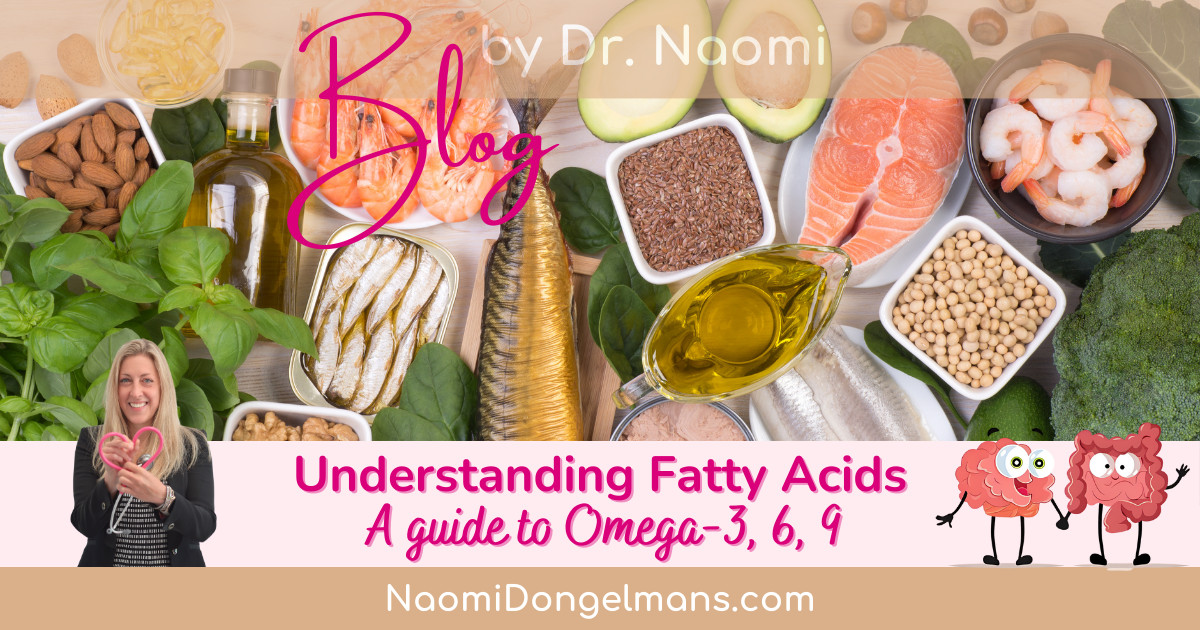
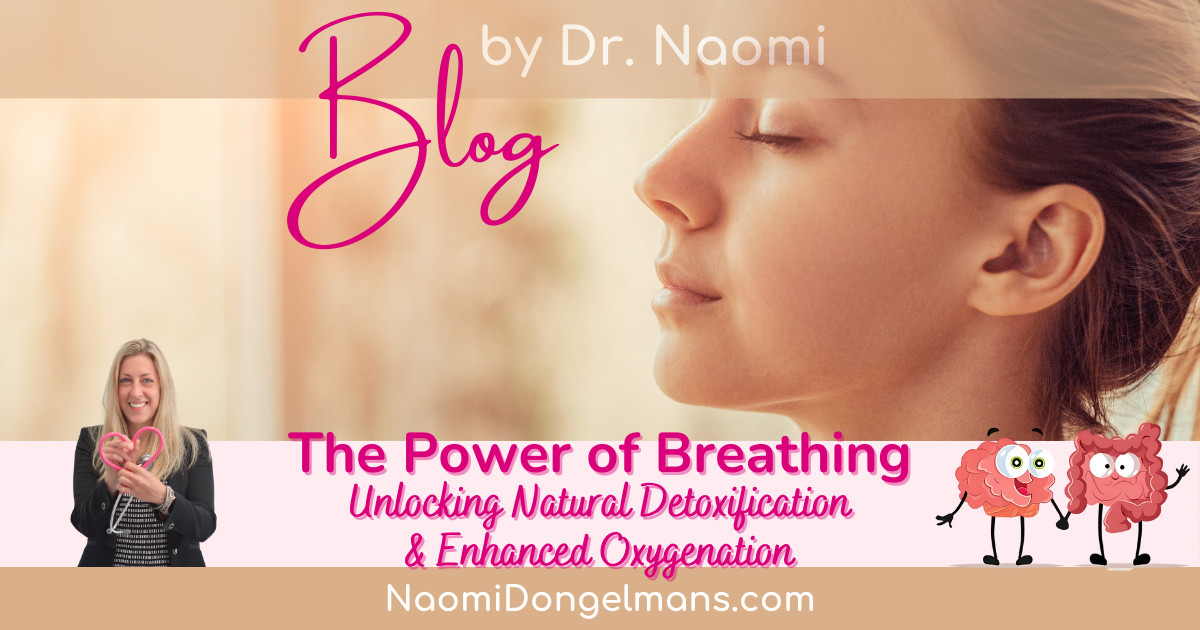

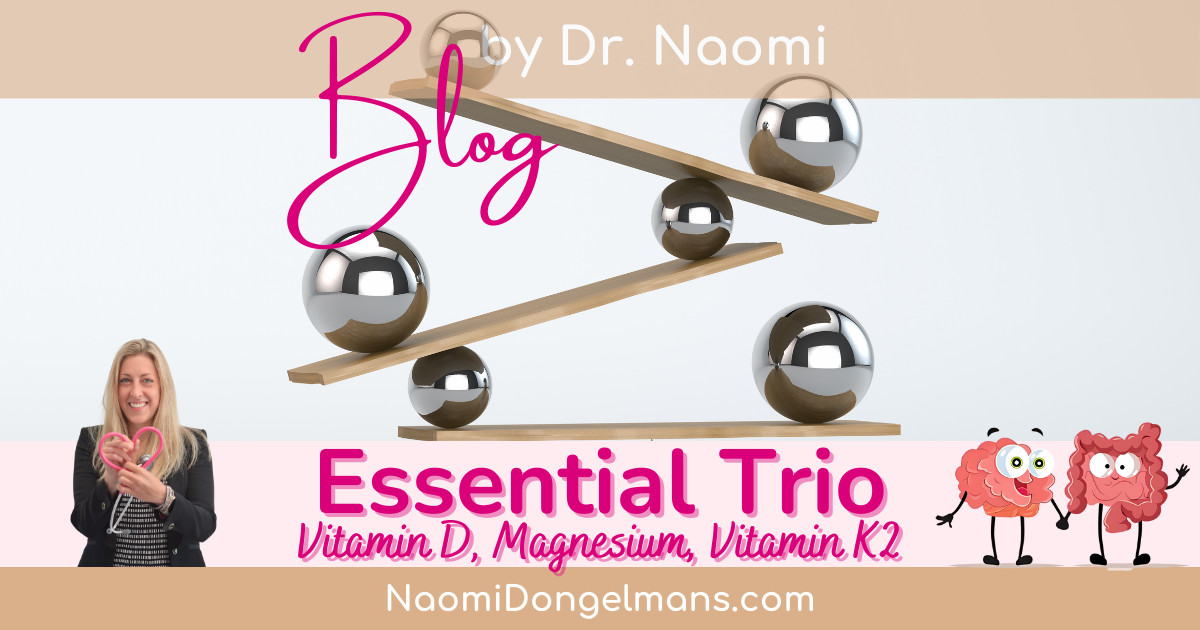







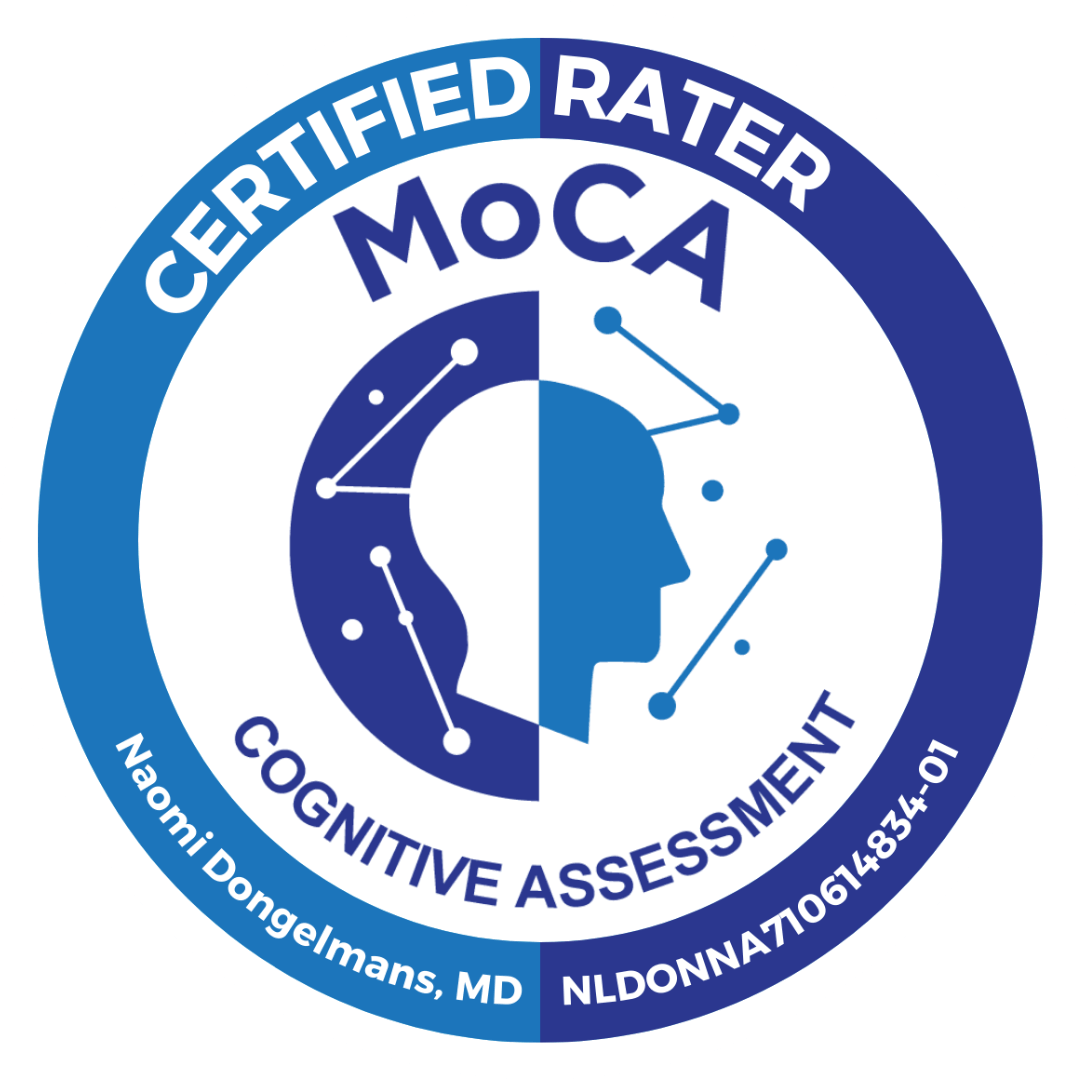
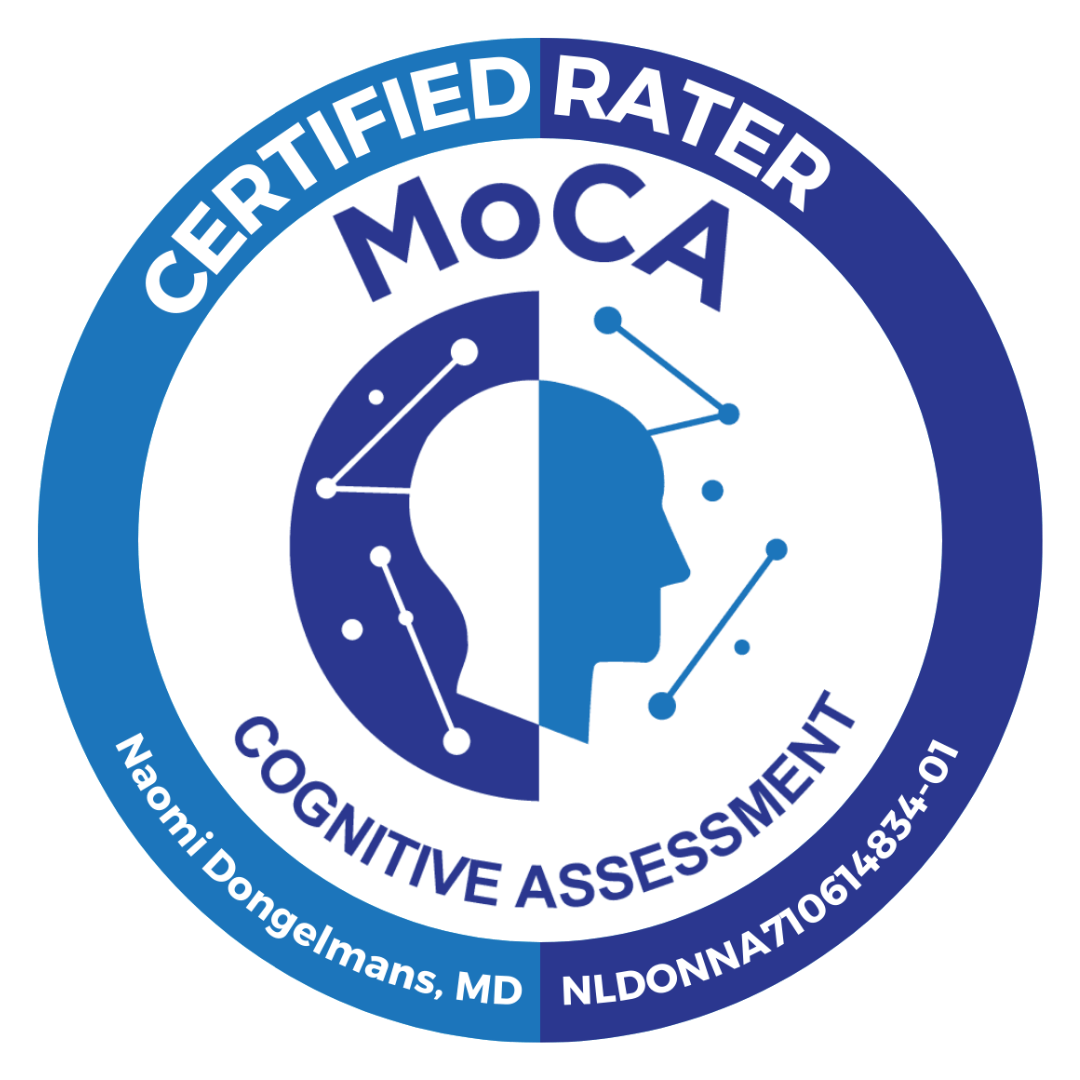

0 Comments